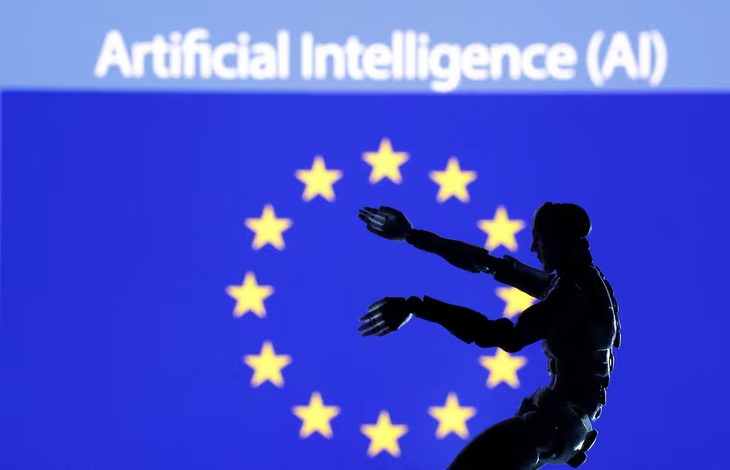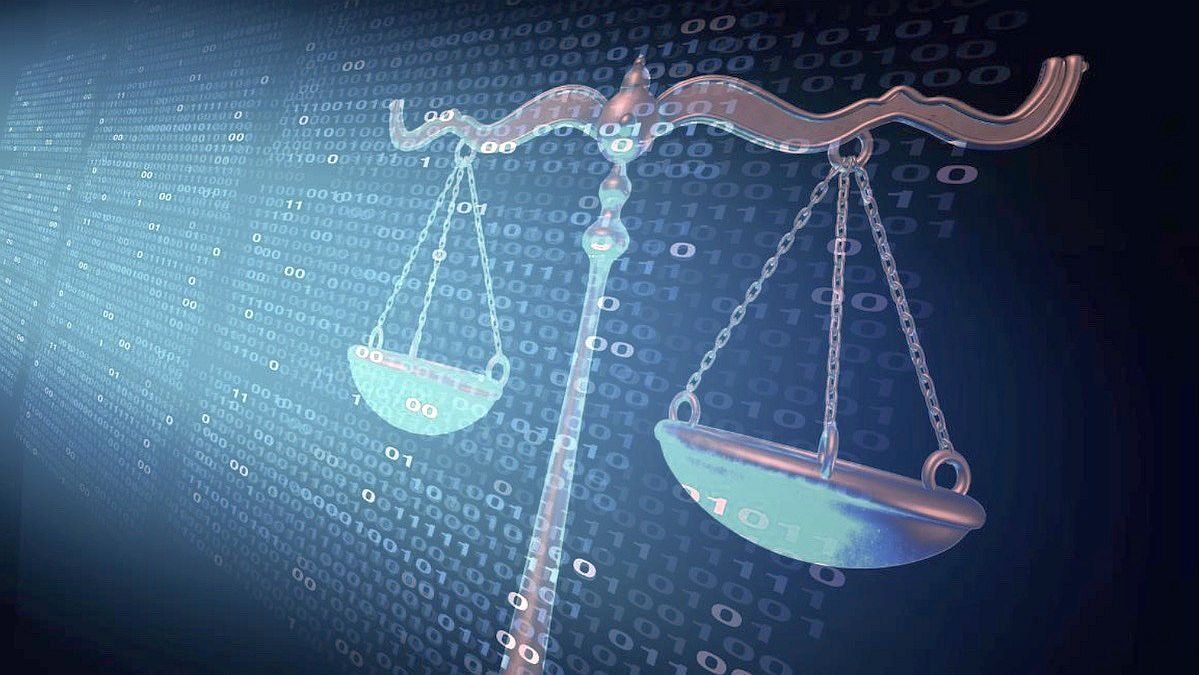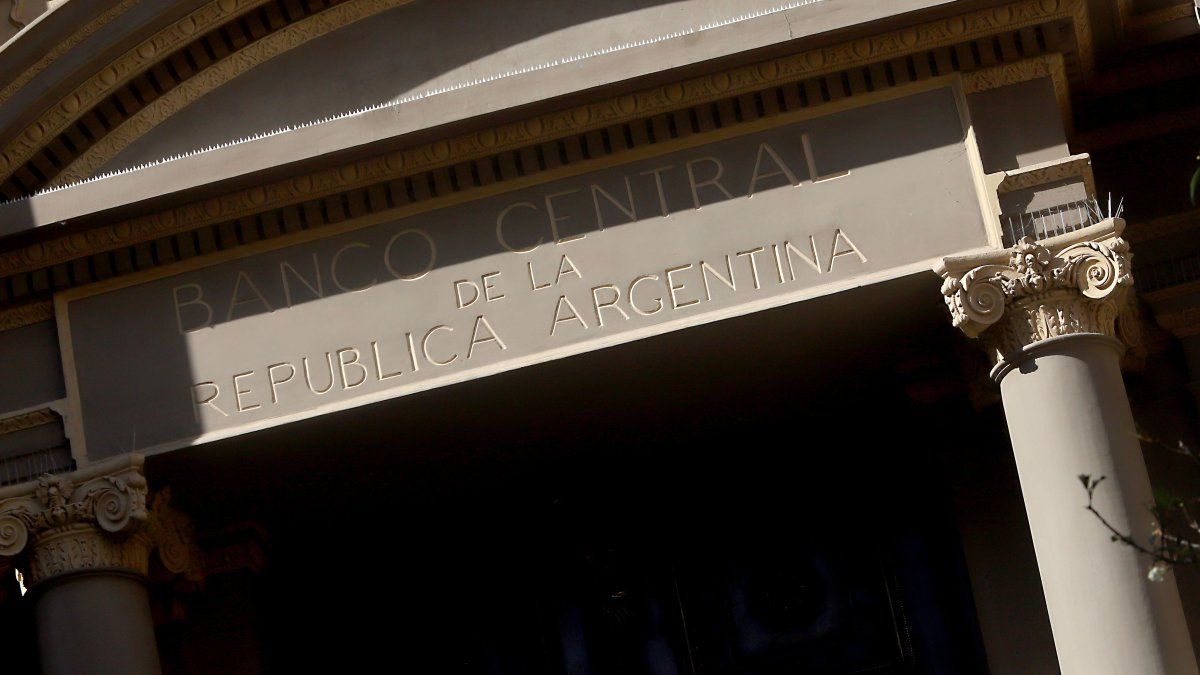The Artificial intelligence is booming around the world and the debate on its regulation is increasingly taking place. relevance on the Italian agenda. The government of said country plans to present a project, of 25 articles, that will establish general principles about “research, experimentation, development, adoption and application” of the AI and will seek to toughen penalties related to crimes that use this technology.
He Italian Council of Ministers hopes to give the green light to the project end of april. After that, the proposal will go through the Parliament to be reviewed and, if there are agreements, definitively approved before coming into force.
Italy vs artificial intelligence: what the bill establishes
Concern about the advancement of AI is beginning to generate responses from governments around the world. In Italyhe political arc will seek to legislate this technology for the first time to address the “impact on fundamental rights” and the economic risks and related social.
IA.jpeg
After the debate in the European Union, Italy seeks to lay the foundations for regulating this technology in its country.
Reuters
The legislative proposal – whose content is still subject to change – provides for the use of this type of tools in the health sector and justicefocusing on its impact on Labor conditions. At the same time, it also proposes the bases of a national strategy for him development of Artificial Intelligence.
As for the part punitivethe project feels Tougher penalties for market manipulation using AI tools and stipulates that its use for Money laundering represents an aggravating element. It also seeks to establish fines for AI copyright infringement and prison sentences of up to three years for those who use this type of development to replace other peopleas for example in the case of acquaintances “deepfakes“.
For now, the bill is in initial instances. The Italian Council of Ministers is expected to move forward with the project at the end of April so that it will then go through Parliament to be reviewed and definitively approved before coming into force.
The European Union: the pioneer in regulation
The European Union It focuses on the use of Artificial Intelligence. For several months now, legislators in parliament have been debating the risks, advantages and possible limits on this type of technology.
Finally, during March, MEPs gave the green light to the first “AI Law” of the world: a regulation intended to regulate Artificial Intelligence systems, based on a risk-based approach.
AI EU.avif

ON March 13, 2024, the European Parliament ratified the world’s first artificial intelligence law.
Reuters
The law was approved by an overwhelming majority: 618 votes, 523 they went to favor, 46 in against and there were 49 abstentions. The legislation will then come into force during the Month of May.
“We have the first regulation in the world marking a clear path for safe, human-centered development of AI. “Now we have a text that reflects Parliament’s priorities,” he declared. Brando Benifei, Italian EU legislator. Furthermore, Benifei assured that now the important thing is “application and compliance by companies and institutions“.
According to the new law, AI systems will be divided into four main categories based on the potential risk they pose to society. Thus, those who are considered high risk will have stricter standards to the rest.
The high risk systems – those that are considered to have the potential to cause harm to health, safety or fundamental rights, in cases such as educational admission, labor recruitment or electoral processes – must have systems of risk management with periodic evaluationsimplement governance measures (such as the detection and elimination of bias) and data securityin addition to also having human control.
The general rules about AI They will be applied one year after their entry into force, in May 2025and obligations for high-risk systems in three years. Although they will be under the supervision of the national authorities, with the support of the AI office within the European Commissioneach member country must create national agencies that monitor the activity.
Between the prohibited uses that delimits the law are: predictive policing based on profile only waves characteristics of a person; the collection of images from the internet and/or of security camera recordings to create facial recognition bases; the biometric categorization that allows sensitive data to be inferred – such as political opinions and/or sexual orientation -; and the recognition of emotions in places like the work or schools.
The standard also provides fines in case the development companies present inaccurate or misleading information to the authorities. According to the legislative text, they may be 7.5 million euros 1% of global turnover of companies, while if a company does not respect the prohibited practicesthe sanction may reach up to 35 million euros or 7% of the world volume of business, whichever is greater.
Source: Ambito




